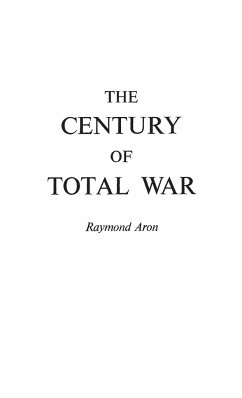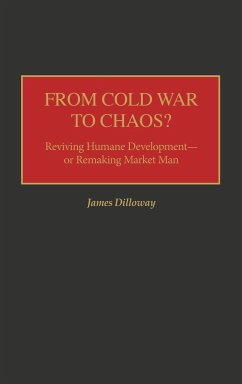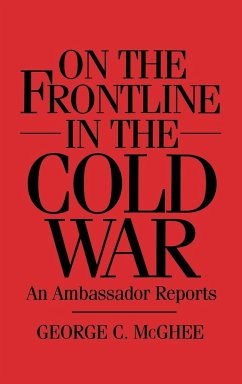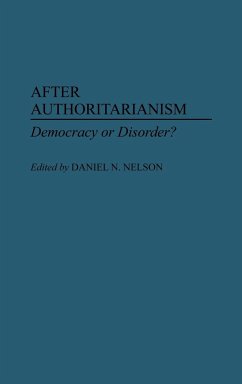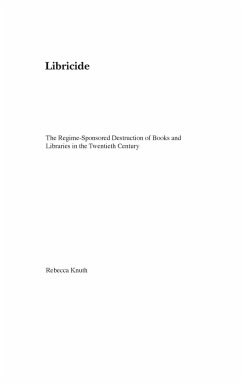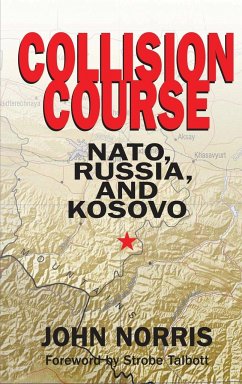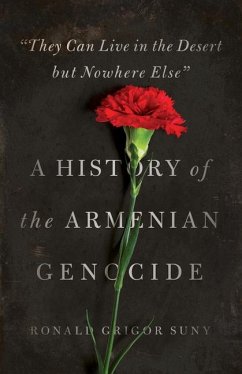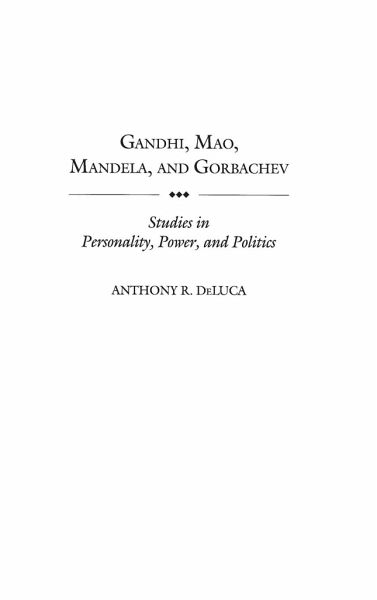
Gandhi, Mao, Mandela, and Gorbachev
Studies in Personality, Power, and Politics
Versandkostenfrei!
Versandfertig in 1-2 Wochen
87,99 €
inkl. MwSt.

PAYBACK Punkte
44 °P sammeln!
An examination of four charismatic personalities who shaped much of the political debate in the latter half of the 20th century, this study reveals how Gandhi, Mandela, Mao, and Gorbachev led movements that remade the world through their own selfless inspiration, dynamic political leadership, and genuine moral courage. DeLuca analyzes the relationship between politics, culture, and society by focusing upon the personalities of these four figures and the ways in which they addressed issues of social change and political upheaval. Though different in terms of time and location, the problems they...
An examination of four charismatic personalities who shaped much of the political debate in the latter half of the 20th century, this study reveals how Gandhi, Mandela, Mao, and Gorbachev led movements that remade the world through their own selfless inspiration, dynamic political leadership, and genuine moral courage. DeLuca analyzes the relationship between politics, culture, and society by focusing upon the personalities of these four figures and the ways in which they addressed issues of social change and political upheaval. Though different in terms of time and location, the problems they faced were similar, be it in their attempts to overthrow a repressive political regime or to promote economic and institutional reform within an existing system. While Gandhi's approach emphasized heightened spiritual awareness as a means of transforming the Indian people, Mandela's emphasis on a more militant form of social protest succeeded in stimulating the political energy of South Africa's black majority. Mao and Gorbachev's programs stood at opposite ends of the Marxist political spectrum. Mao made a popular revolution from below and sought to perpetuate the notions of total revolution and the complete transformation of the individual in Chinese society. Gorbachev, on the other hand, aimed to reform a stagnant Soviet system from above. Though his early initiatives engendered widespread enthusiasm, he was unable to restructure the Soviet system and ultimately found himself presiding over the collapse of the very system he had tried to revitalize.



